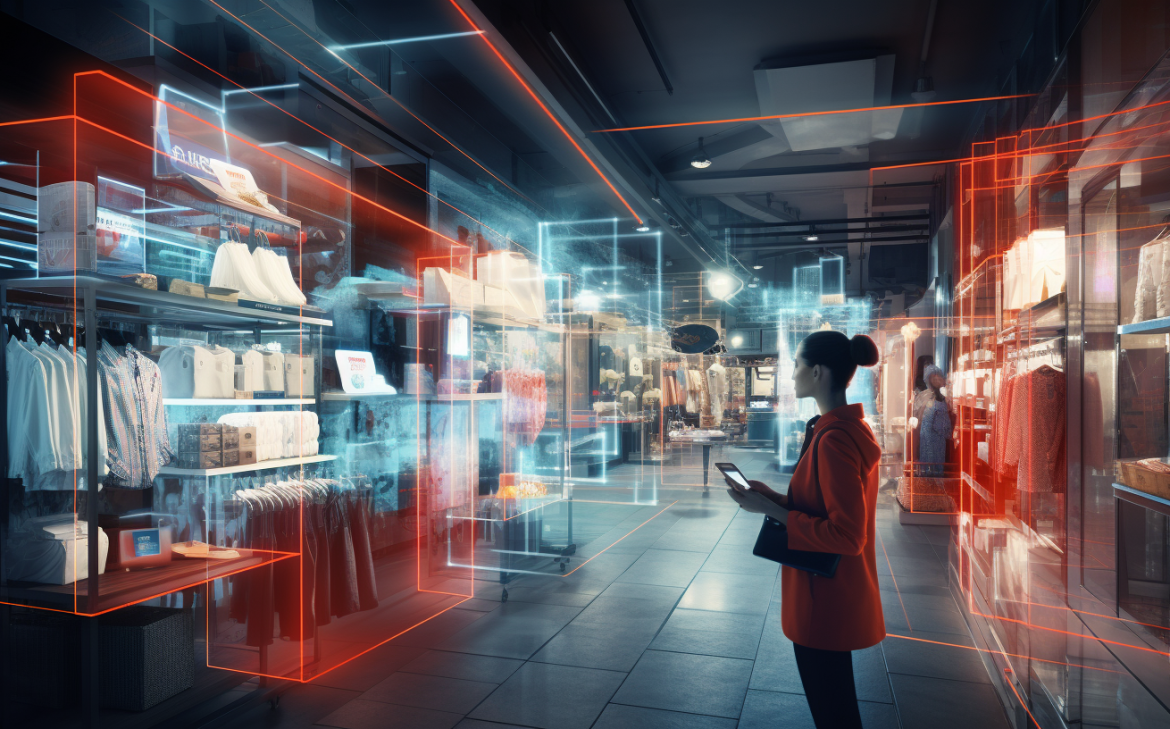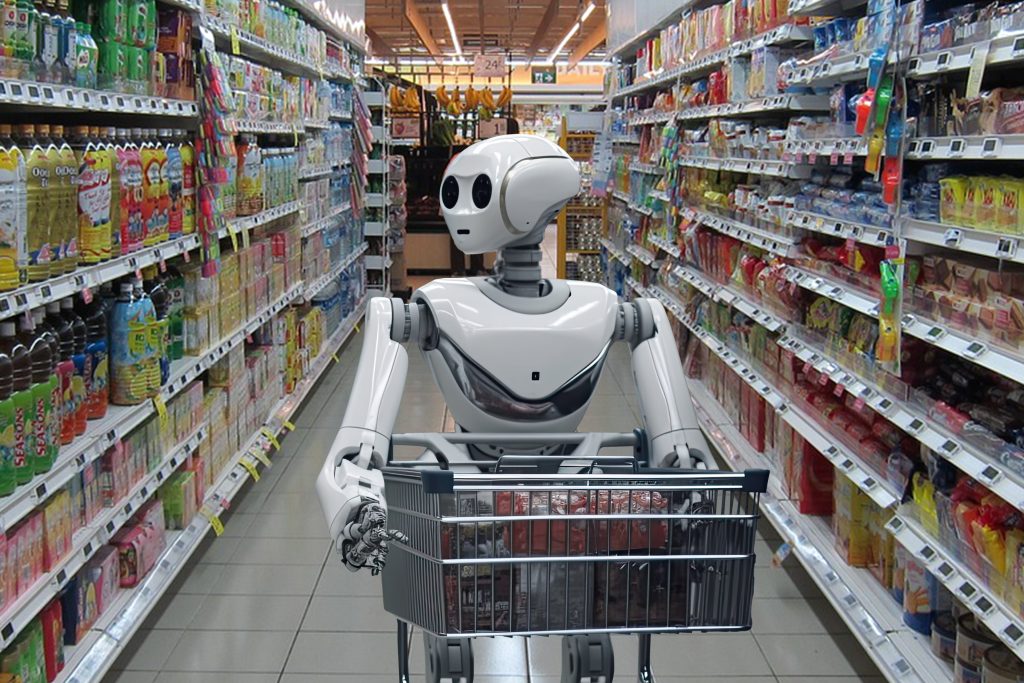Artificial Intelligence (AI) is revolutionizing the retail industry by enabling smarter, faster, and more personalized shopping experiences. Retailers worldwide are leveraging AI innovations to optimize operations, enhance customer engagement, and stay competitive in a rapidly evolving market.
How Is AI Innovating Retail?
AI in retail uses machine learning, natural language processing, and computer vision to transform every aspect of the shopping journey — from inventory management to customer service. These innovations not only improve efficiency but also create deeper connections between brands and consumers.
Key Innovations in AI and Retail
Personalized Shopping Experiences
AI analyzes vast amounts of customer data to deliver highly personalized product recommendations and marketing campaigns. By understanding individual preferences and shopping behaviors, retailers can tailor offers that resonate with each customer, driving loyalty and sales.
Intelligent Inventory Management
AI-powered systems predict demand patterns and optimize stock levels in real-time. This reduces overstock and stockouts, ensuring products are available when and where customers want them, while minimizing waste and storage costs.
AI-Driven Visual Search
With AI-enabled visual search tools, customers can upload images to find similar products instantly. This technology simplifies product discovery and helps retailers tap into trends by matching user-submitted photos with their catalogs.
Chatbots and Virtual Assistants
AI-powered chatbots provide 24/7 customer support, handling inquiries, processing orders, and offering product advice. These virtual assistants improve the shopping experience by providing instant, accurate responses and freeing up human agents for complex issues.
Automated Checkout and Cashier-less Stores
Innovations like AI-powered checkout systems and cashier-less stores reduce wait times and streamline the purchasing process. Customers can simply pick items and leave, with AI handling automatic billing and inventory updates.
Fraud Detection and Security
AI algorithms analyze transaction data to detect unusual patterns and prevent fraudulent activities. This ensures a safer shopping environment for both retailers and customers, reducing losses and building trust.
Predictive Analytics for Marketing and Sales
AI uses predictive analytics to forecast sales trends, optimize pricing strategies, and identify new market opportunities. Retailers can make data-driven decisions that maximize revenue and improve customer satisfaction.
Considerations for Implementing AI in Retail
While AI offers powerful tools, retailers should keep in mind:
- Data Privacy: Safeguard customer data and comply with regulations to maintain trust.
- Integration: Seamlessly blend AI with existing systems to maximize benefits.
- Human Touch: Balance automation with personal interaction to preserve customer relationships.
Conclusion
AI innovations are reshaping retail by enhancing operational efficiency and transforming the customer experience. From personalized shopping to smarter inventory and secure transactions, AI empowers retailers to meet modern consumer demands. Embracing these technologies responsibly will be crucial for sustainable growth in the competitive retail landscape.







Leave feedback about this